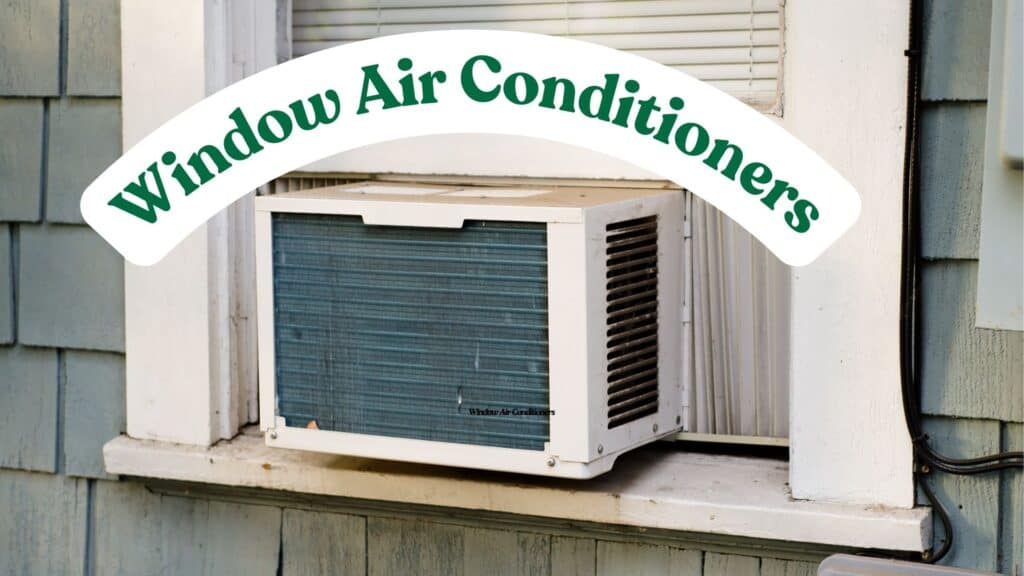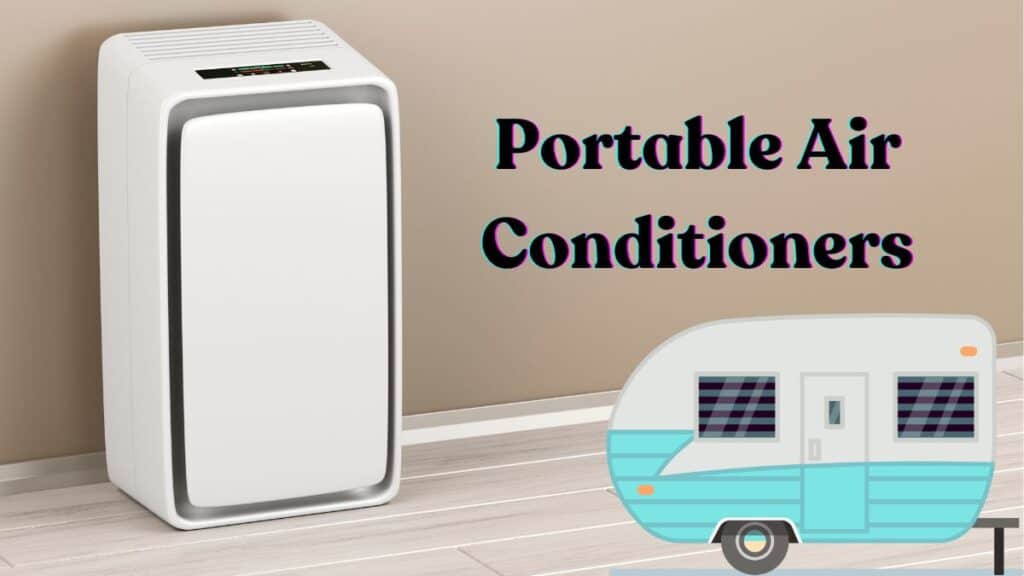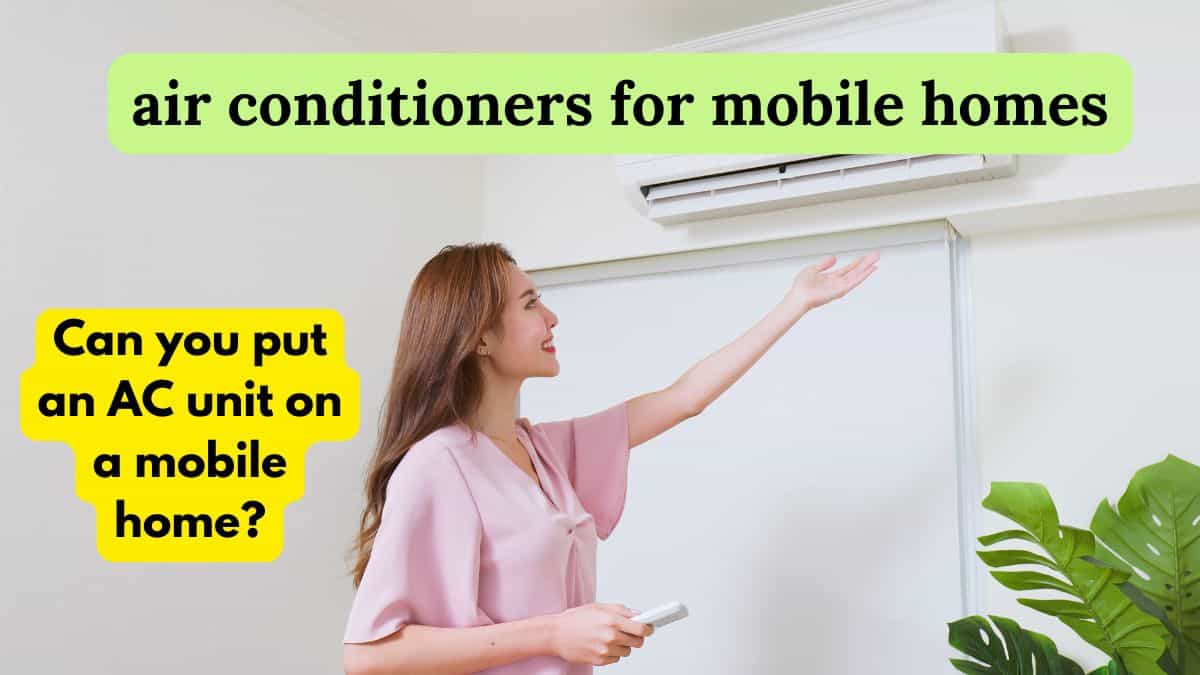Hello Guys,
Air Conditioners for Mobile Homes
air conditioners for mobile homes: Living in a mobile home offers a unique blend of affordability, flexibility, and comfort. However, keeping your mobile home cool during the hot summer months can be challenging without the right air conditioning system. Whether you’re looking to upgrade your existing setup or install a new system, understanding the various options available is crucial to making an informed decision.
In this comprehensive guide, we’ll explore the different types of air conditioners suitable for mobile homes, from budget-friendly window units to efficient ductless mini-split systems. We’ll discuss the pros and cons of each option, key considerations for choosing the best unit, and tips for installation and maintenance. By the end of this guide, you’ll have all the information you need to keep your mobile home cool and comfortable all summer long.
Why Choosing the Right Air Conditioner Matters
Mobile homes have unique characteristics that influence their cooling needs. They typically have less insulation than traditional homes, making them more susceptible to temperature fluctuations. Additionally, space is often limited, so finding an air conditioner that doesn’t take up too much room is essential. The right air conditioning system can provide efficient cooling, lower energy bills, and improve overall comfort.
Types of Air Conditioners for Mobile Homes
There are several types of air conditioning systems suitable for mobile homes, each with its own advantages and disadvantages. Here’s a quick overview of the main options:
- Central Air Conditioners: Ideal for cooling the entire home but require ductwork and professional installation.
- Window Air Conditioners: Affordable and easy to install, perfect for cooling individual rooms.
- Portable Air Conditioners: Flexible and mobile, these units can be moved from room to room but may be less efficient.
- Ductless Mini-Split Systems: Highly efficient with no need for ductwork, these systems provide zoned cooling but come with a higher upfront cost.
- Roof-Mounted Air Conditioners: Commonly used in RVs, these units save indoor space but require complex installation.
Making the Best Choice
When choosing an air conditioner for your mobile home, consider factors such as the size of the area you need to cool, energy efficiency, installation requirements, and your budget. Proper maintenance is also essential to ensure your system runs efficiently and lasts for years.
Stay tuned as we delve deeper into each type of air conditioner, providing detailed insights and recommendations to help you find the perfect solution for your mobile home.
Types of Air Conditioners for Mobile Homes
Central Air Conditioners
Description:
Central air conditioning systems cool the entire home by distributing cooled air through a network of ducts. The system includes a central unit that cools the air and an outdoor compressor.
Pros:
- Consistent Cooling: Provides even cooling throughout the home, maintaining a consistent temperature.
- Energy Efficient: Modern central air systems are designed to be energy efficient, potentially lowering energy bills.
- Quieter Operation: The noisy components are usually located outside, reducing indoor noise levels.
Cons:
- Higher Installation Costs: Initial costs are high due to the need for ductwork and professional installation.
- Requires Ductwork: Ductwork must be installed or existing ducts must be modified, which can be invasive and costly.
Window Air Conditioners

Description:
Window air conditioners are compact units installed in a window frame. They are designed to cool a single room or a specific area.
Pros:
- Affordable: Generally cheaper than other types of air conditioning systems.
- Easy Installation: Can be installed by homeowners without professional help.
- Ideal for Small Spaces: Perfect for cooling small rooms or areas.
Cons:
- Blocks Window View: Takes up window space and can obstruct views.
- Less Efficient for Large Spaces: Not suitable for cooling large areas or entire homes.
- Potential Security Risk: Can be a security risk if not properly secured in the window.
Portable Air Conditioners
Description:
Portable air conditioners are freestanding units that can be moved from room to room. They typically require a window vent kit to expel hot air outside.
Pros:
- Flexible Placement: Can be moved to different rooms as needed.
- No Permanent Installation Required: Easy to set up and take down.
- Ideal for Temporary Use: Great for renters or temporary cooling needs.
Cons:
- Takes Up Floor Space: Requires floor space, which can be inconvenient in smaller rooms.
- Less Efficient: Generally less efficient than window or central units.
- Can Be Noisy: The entire unit, including the compressor, is inside the room, which can create more noise.

Ductless Mini-Split Systems
Description:
Ductless mini-split systems consist of an outdoor compressor and one or more indoor air-handling units. They do not require ductwork and can be used for zoned cooling.
Pros:
- Energy Efficient:Highly efficient, as there are no energy losses associated with ductwork.
- No Ductwork Required: Ideal for homes without existing ducts.
- Quiet Operation:Indoor units are very quiet.
Cons:
- Higher Upfront Cost: Higher initial cost compared to window or portable units.
- Professional Installation Needed: Installation requires a professional to ensure proper setup.
Roof-Mounted Air Conditioners
Description:
Roof-mounted air conditioners are typically used in RVs but can also be adapted for mobile homes. They are installed on the roof, saving indoor space.
Pros:
- Saves Indoor Space: Does not take up floor or wall space inside the home.
- Efficient Cooling: Effective at cooling the interior space.
Cons:
- Installation Can Be Complex: Installing a unit on the roof can be more complex and may require professional help.
- Potential for Roof Leaks: Improper installation can lead to roof leaks.
Detailed Information on Installation and Maintenance
air conditioners for mobile homes
Installation Tips
Central Air Conditioners:
- Professional Installation:Ensure you hire a qualified HVAC technician for installation.
- Ductwork Assessment: Have your ducts inspected or installed as necessary to ensure efficient air distribution.
- Outdoor Unit Placement: Choose a location for the outdoor unit that is free from obstructions and allows for proper ventilation.
Window Air Conditioners:
- Window Frame Support: Make sure the window frame can support the weight of the unit.
- Seal Gaps: Use insulation or foam strips to seal any gaps around the unit to prevent air leaks.
- Secure Installation: Ensure the unit is securely mounted to avoid any risk of it falling or being easily removed.
Portable Air Conditioners:
- Ventilation Setup: Properly install the window vent kit to allow hot air to escape.
- Placement: Place the unit near a window and ensure there is enough space around it for airflow.
- Drainage: Check if the unit has a drainage system for condensate water and ensure it is properly set up.
Ductless Mini-Split Systems:
- Professional Installation: Hire a professional to install the outdoor compressor and indoor air handlers.
- Placement of Indoor Units: Position indoor units in strategic locations for optimal cooling.
- Connection: Ensure the conduit between the indoor and outdoor units is properly sealed and insulated.
Roof-Mounted Air Conditioners:
- Roof Integrity: Check the structural integrity of your roof to support the unit.
- Weatherproofing: Ensure the installation is weatherproof to prevent leaks.
- Professional Help:Consider hiring a professional experienced with roof-mounted installations.
Maintenance Tips
Regular Filter Cleaning/Replacement:
Clean or replace filters monthly or as recommended by the manufacturer to maintain efficient airflow and air quality.
Coil Cleaning:
Clean the evaporator and condenser coils periodically to prevent buildup of dirt and debris, which can reduce efficiency.
Annual Servicing:
Schedule annual maintenance checks with a professional technician to inspect and service the system, ensuring it operates efficiently.
Check and Clear Vents:
For central air systems, regularly check and clear vents and registers to ensure unobstructed airflow.
Monitor Refrigerant Levels:
Have a professional check refrigerant levels annually to ensure the system is operating at peak efficiency.
By understanding the different types of air conditioners available for mobile homes and considering the specific needs and constraints of your home, you can choose and maintain the best system to ensure comfort and efficiency.
Factors to Consider When Choosing an Air Conditioner
Size and Capacity
- Measure the square footage of the area you need to cool.
- Use the BTU (British Thermal Unit) rating to determine the capacity. Typically, you need about 20 BTUs per square foot.
Energy Efficiency:
- Look for units with a high SEER (Seasonal Energy Efficiency Ratio) rating.
- Consider Energy Star certified products to save on electricity bills.
Installation Requirements:
- Assess if you need professional installation or if it’s a DIY-friendly unit.
- Check the availability of appropriate electrical outlets and necessary clearances.
Climate:
- Consider the local climate and typical weather conditions. Areas with high humidity might benefit from units with dehumidifying features.
Maintenance:
- Evaluate the ease of maintenance and availability of replacement parts.
- Regular maintenance like filter cleaning or replacement is crucial for efficient operation
Popular Brands and Models
air conditioners for mobile homes
Central Air Conditioners
- Carrier Infinity Series: Known for its efficiency and quiet operation.
- Trane XR Series: Durable with a good balance of performance and cost.
Window Air Conditioners
- Frigidaire FFRA0511R1E: Affordable and reliable for small spaces.
- LG LW8016ER: Energy-efficient with various cooling modes.
Portable Air Conditioners
- Black + Decker BPACT10WT: Easy to move, good for small to medium rooms.
- Honeywell HL14CESWB: Powerful and efficient with a sleek design.
Ductless Mini-Split Systems
- Mitsubishi Electric MSZ-GL Series: High efficiency and whisper-quiet operation.
- Daikin Aurora Series: Excellent for both heating and cooling.
Roof-Mounted Air Conditioners
- Dometic Brisk II: Durable and efficient, common in RVs but suitable for mobile homes.
- Coleman-Mach 15: High capacity and reliable performance.
Installation and Maintenance Tips
Professional Installation:
- For central air and mini-split systems, professional installation ensures proper setup and efficiency.
- Ensure that the installer checks for leaks and verifies the electrical connections.
DIY Installation:
- For window and portable units, follow the manufacturer’s instructions carefully.
- Use appropriate insulation to prevent air leaks around window units.
Regular Maintenance:
- Change or clean filters regularly to maintain airflow and efficiency.
- Check and clean the evaporator and condenser coils periodically.
- Ensure the outdoor unit (for split systems) is free from debris and obstructions.
Seasonal Preparation:
- Before summer, inspect the system and perform any necessary maintenance.
- Consider professional servicing annually to keep the system in top condition.
Conclusion
air conditioners for mobile homes: Choosing the right air conditioner for your mobile home involves understanding your cooling needs, evaluating different types of systems, and considering factors such as size, efficiency, and installation requirements. Regular maintenance is essential to ensure your unit operates efficiently and has a long lifespan.
We’d love to hear from you! Share your experiences with air conditioners in your mobile home in the comments below. Have questions? Feel free to ask, and we’ll do our best to help!
FAQ
Small Air Conditioners for Mobile Homes?
When it comes to cooling a mobile home, small air conditioners can be an excellent choice due to their affordability, ease of installation, and efficient use of space. Whether you need to cool a single room or a small area, there are various compact and portable options available that can fit your specific needs.

